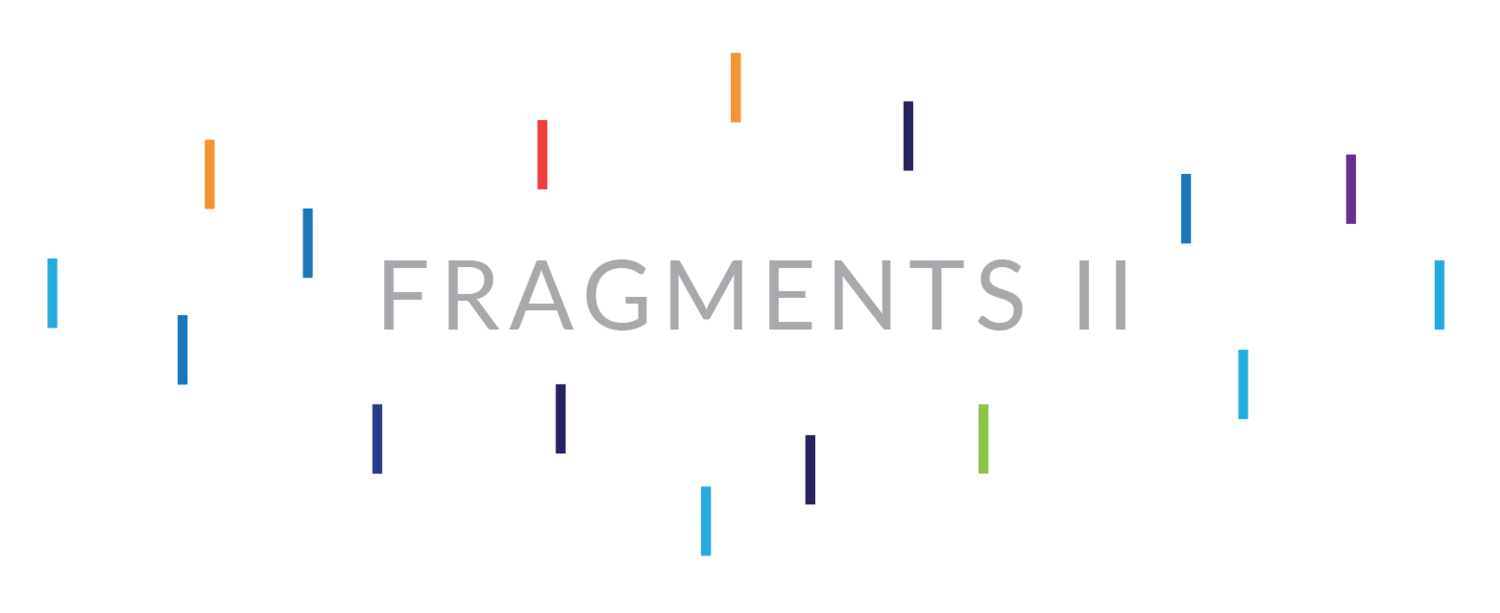Why Advancement Doesn't Need Another Makerspace
It's hard to read about the future of education without stumbling upon the notion of a Makerspace - an environment in which students can learn through hands-on design, construction and iteration.
The benefits of this emerging pedagogy are clear. These new learning environments are empowering young learners in ways that our traditional content-factories never could.
But I do have a problem with the nomenclature.
Since Roman times, Homo faber (tr. Man the Maker) has been used to express the idea that we control our fate and environment by the tools that we make. Ultimately, it led to the ideology present in both Marxism and Capitalism that the purpose of humankind is embedded in what we can produce.
In 1938, Dutch historian Johan Huizinga challenged this emphasis on productivity by introducing the idea of Homo ludens (tr. Man at Play). To cut a long story short, he argues that we make sense and bring a unique meaning to human existence, not because of what we make, but through our ability to play. Furthermore, he says, we don't play to fulfil a practical task; we play for sake of the experience that attaches itself to the act of playing.
But what has any of this have to do with our work as Advancement professionals?
As I look back and reflect on another year of working alongside an extraordinary team of colleagues at the International School of Brussels, I am struck by how much we continue to benefit from regular and structured opportunities to leave our work-a-day world to play with the Elements of Advancement; to enter a space where we can challenge existing ideas and create news ones, with no immediate thought of how productive we might eventually become.
That's not to say that our play isn't serious. It would be a mistake to think that homo ludens is a mode of being that is shallow and disconnected from real-life struggles. It's just that we want to give priority to activities that may otherwise be regarded as less productive - like celebrating each other, making patterns and playing games, taking the time to listening to one another, reading a book together, even cycling together in the forest.
Back in 1938, Huizinga concluded:
It seems to me that next to Homo Faber, and perhaps on the same level as Homo Sapiens, Homo Ludens, Man the Player, deserves a place in our nomenclature.
As we think about the future of Advancement and, more generally, the future of our schools, I guess I'm wondering the same.
Photo by Umari Bethan on Unsplash




